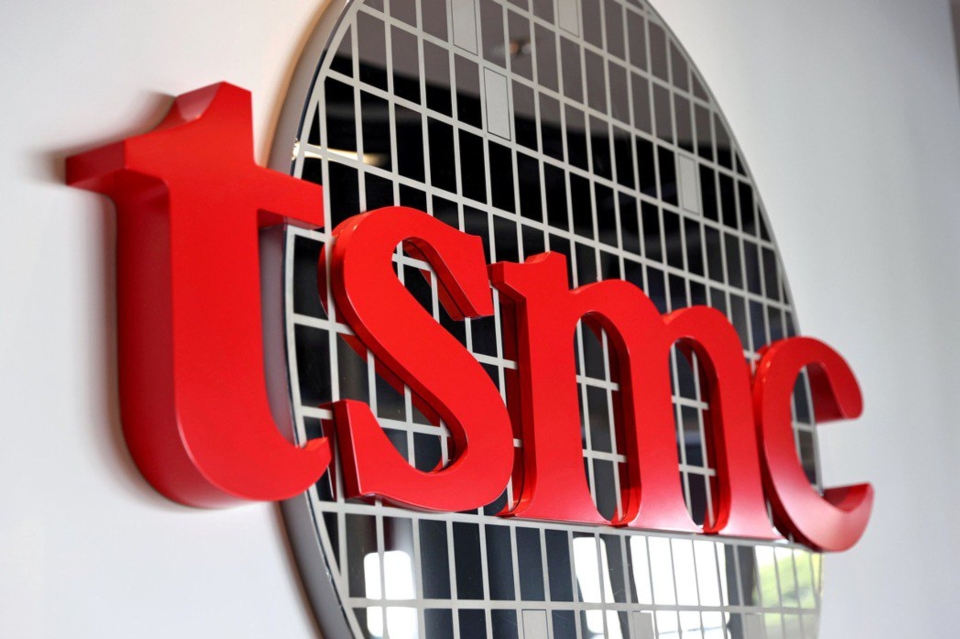Chip industry expresses concern over long-term policies at SEMICON
2021/12/29 | By EDNSEMICON Taiwan 2021 International Semiconductor Exhibition kicked off on Dec. 28, focusing on various issues, including information security, hydropower, and declining birthrate. Industry figures pointed out that long-term supporting policies are needed to ensure that Taiwan's semiconductor industry maintains its leading status.
Taiwan Semiconductor Industry Association (TSIA) and TSMC Chairman Mark Liu pointed out at the annual meeting that Taiwan's industrial policies related to the industry, government, education, retention, and intellectual property rights protection all need to propose more active and effective measures to safeguard Taiwan's semiconductor industry.
For instance, industry experts said that while Kaohsiung is actively attracting investment, the first biggest roadblock is that the local government must have a long-term plan to ensure a stable power supply. Major factories are actively investing, but some of the manufacturers that have invested in the early stages are facing constraints in the power consumption assessment for the next two years. As a result, they have to postpone part of the research, development, and construction. They will have to wait for the follow-up environmental assessment to pass and the power supply to increase before expanding their investment.
Southern Taiwanese local governments are indeed emulating the successful model that is the Hsinchu Science Parkut the primary test for the southern region is whether they will be able to attract the necessary talents. TSMC's Kaohsiung plant will start construction in 2022 and will be put into production in the near future, which will inevitably crowd out the workforce and related resources required by other local manufacturers, all necessary to strengthen the local infrastructure.
ASML Taiwan and Southeast Asia Human Resources Director Liu Poling attended a panel discussion on "Assisting the Semiconductor Industry to Overcome the Talent Crisis" held at the exhibition. Liu also emphasized Taiwan's shortage of semiconductor talents is compounded by the declining birthrate. Policies regulating foreign workers in Taiwan should be revisited, including foreign policy. Taiwan's long-touted New Southbound Policy is an example where academically-successful students from semiconductor-oriented Malaysia should be considered as a suitable talent pool to recruit.


